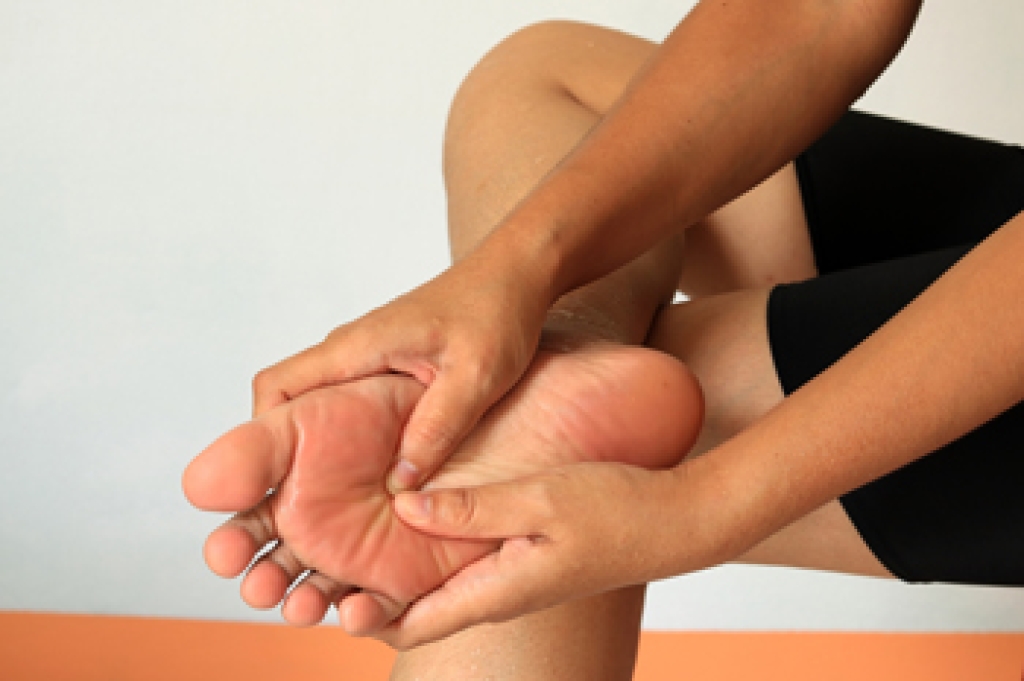
The foot consists of several bones, tendons, and muscles that work together, providing the ability to walk, run, and jump. Foot pain can occur if the bones become misaligned, which can happen from enduring an injury. Additionally, specific types of foot pain can develop gradually, and this can be indicative of a stress fracture, plantar fasciitis, or a heel spur. The pain from plantar fasciitis may be more prominent in the morning after arising, and it can feel like a stabbing sensation on the sole of the foot. Women can experience the foot condition that is known as Morton’s neuroma, possibly as a result of frequently wearing high heels. It affects the nerve between the third and fourth toes and can cause significant foot pain as it becomes inflamed. Achilles tendonitis generally occurs from a sudden injury that involves the Achilles tendon. This is the tendon that connects the calf muscles to the heel, and severe foot pain can develop if it becomes injured. Any type of foot pain requires the expert advice of a podiatrist, and it is strongly urged that you contact this type of doctor if you have foot pain.
Foot Pain
Foot pain can be extremely painful and debilitating. If you have a foot pain, consult with one of our podiatrists from New Tampa Foot & Ankle. Our doctors will assess your condition and provide you with quality foot and ankle treatment.
Causes
Foot pain is a very broad condition that could be caused by one or more ailments. The most common include:
- Bunions
- Hammertoes
- Plantar Fasciitis
- Bone Spurs
- Corns
- Tarsal Tunnel Syndrome
- Ingrown Toenails
- Arthritis (such as Gout, Rheumatoid, and Osteoarthritis)
- Flat Feet
- Injury (from stress fractures, broken toe, foot, ankle, Achilles tendon ruptures, and sprains)
- And more
Diagnosis
To figure out the cause of foot pain, podiatrists utilize several different methods. This can range from simple visual inspections and sensation tests to X-rays and MRI scans. Prior medical history, family medical history, and any recent physical traumatic events will all be taken into consideration for a proper diagnosis.
Treatment
Treatment depends upon the cause of the foot pain. Whether it is resting, staying off the foot, or having surgery; podiatrists have a number of treatment options available for foot pain.
If you have any questions, please feel free to contact our office located in Wesley Chapel, FL . We offer the newest diagnostic and treatment technologies for all your foot care needs.




